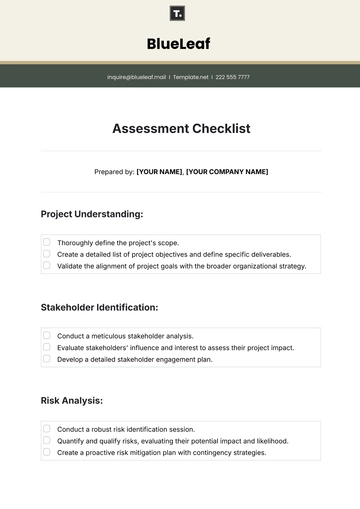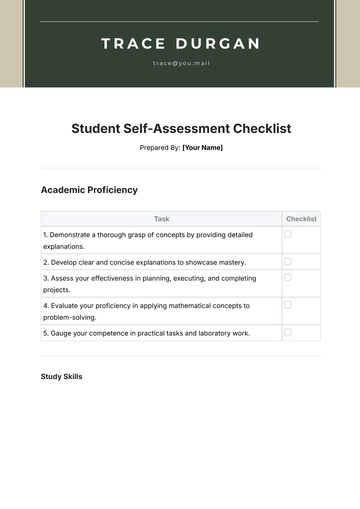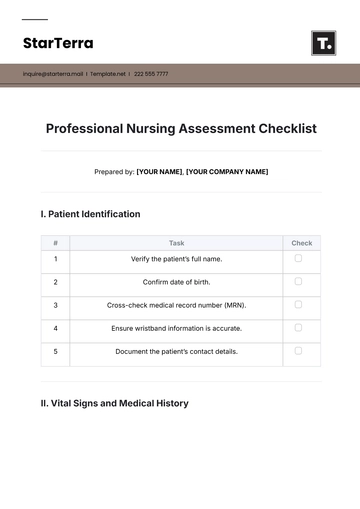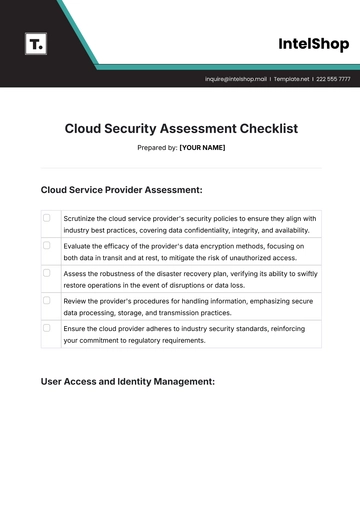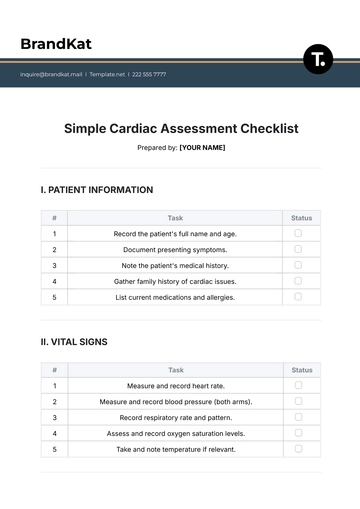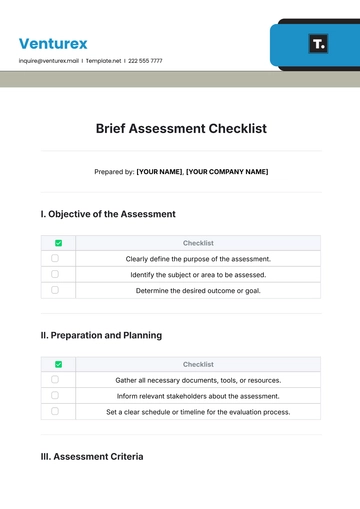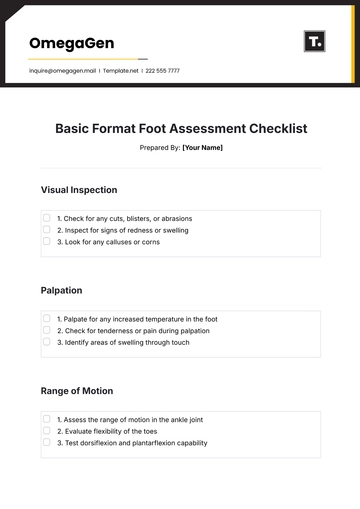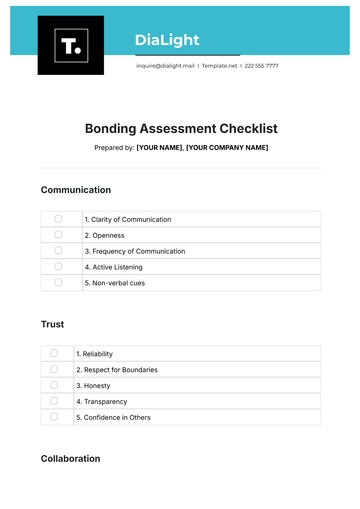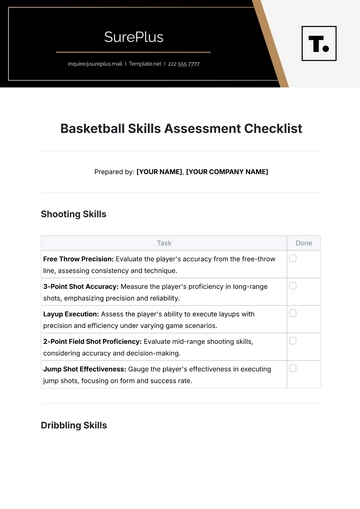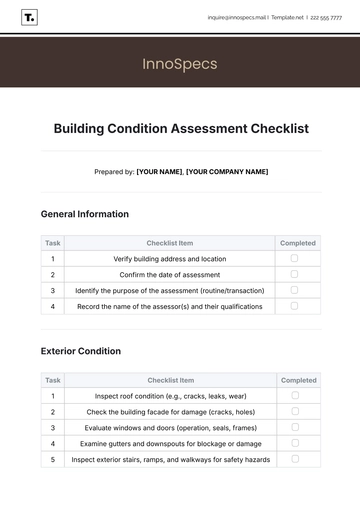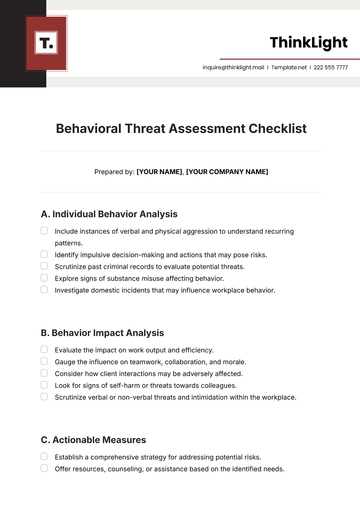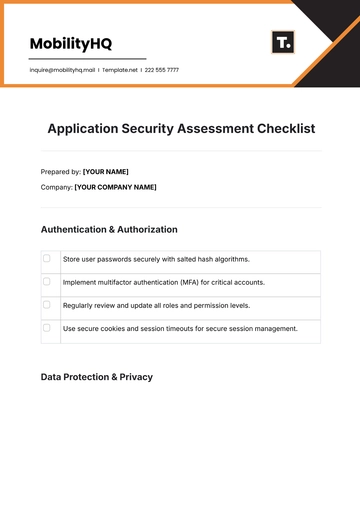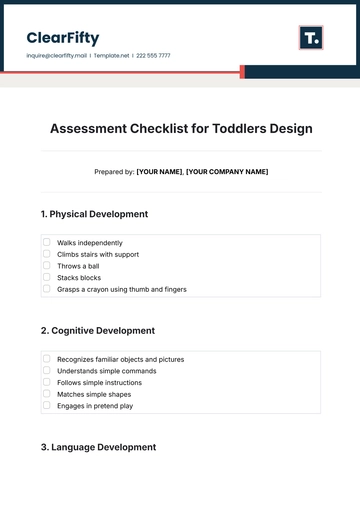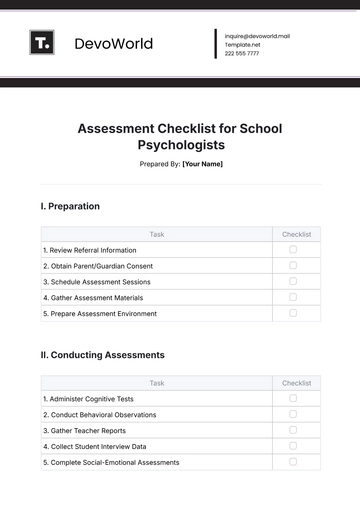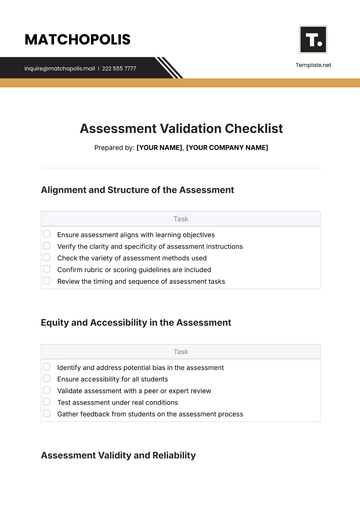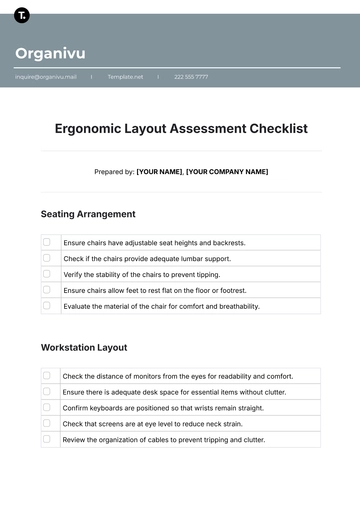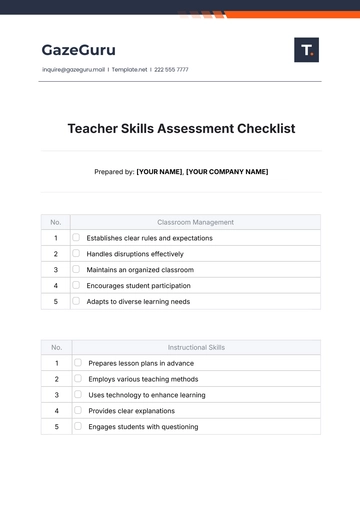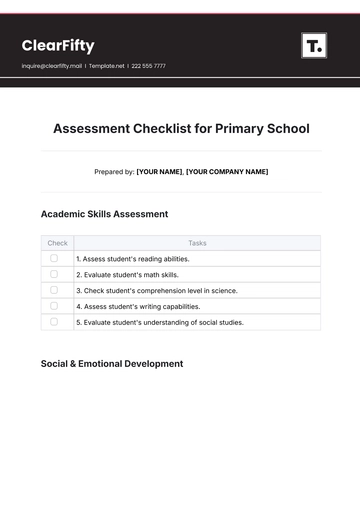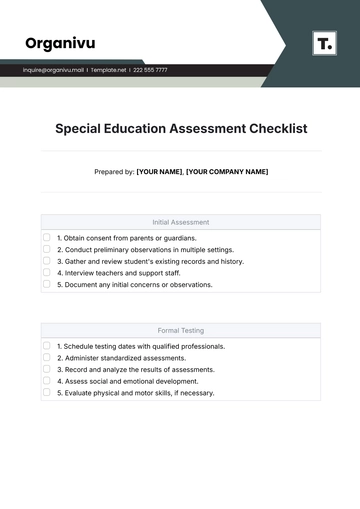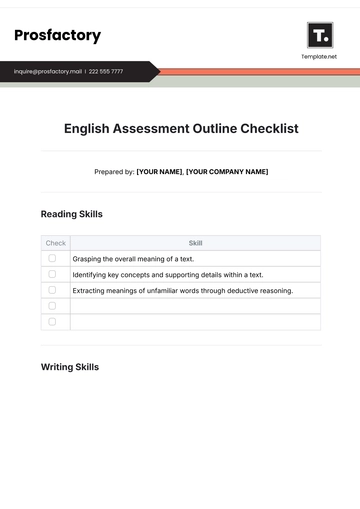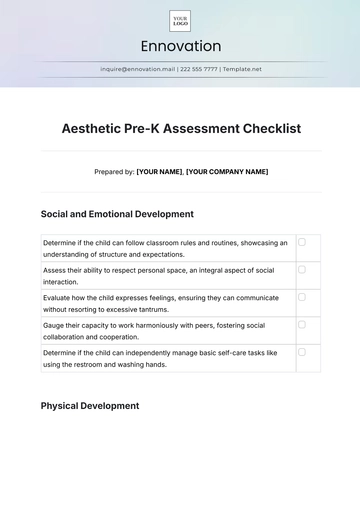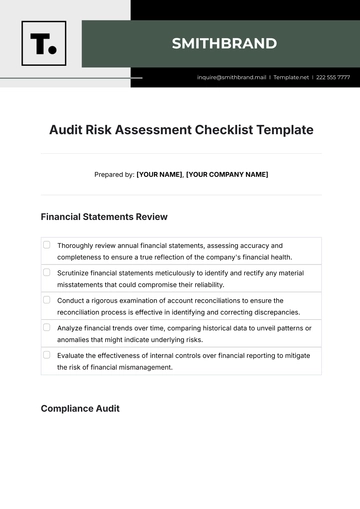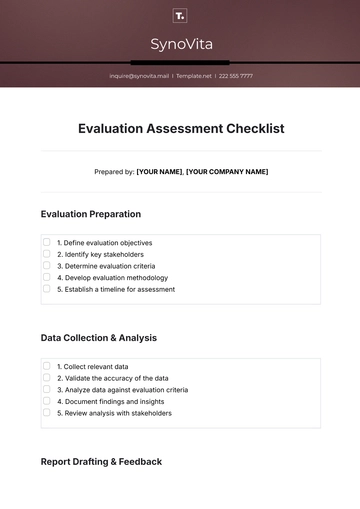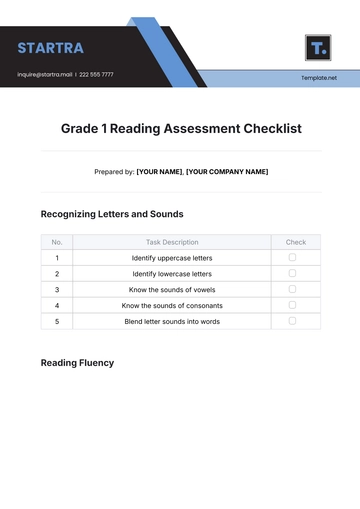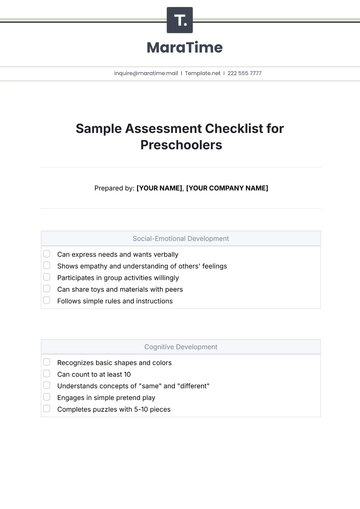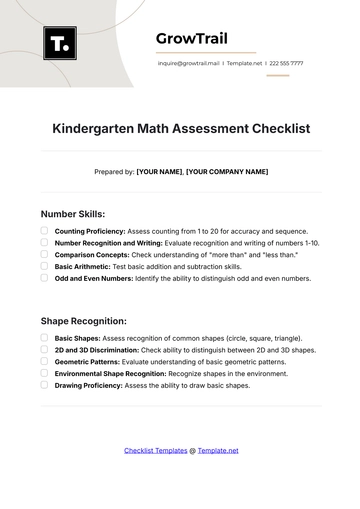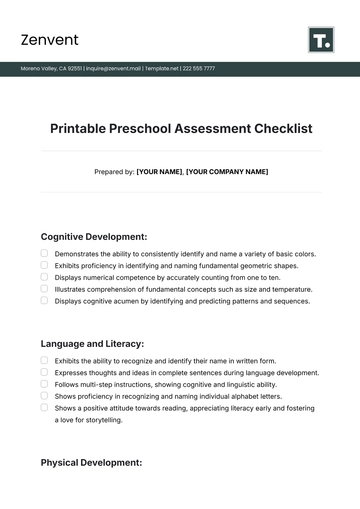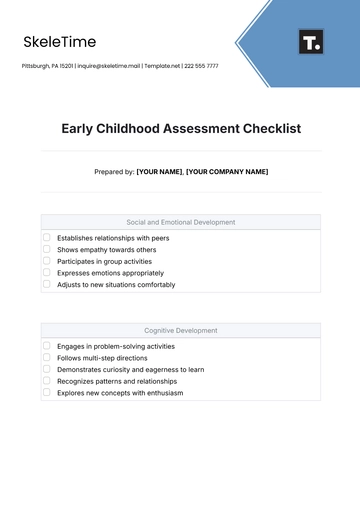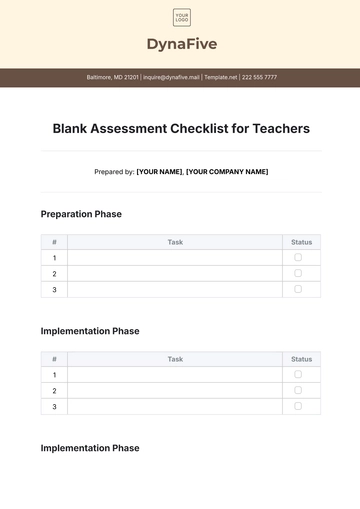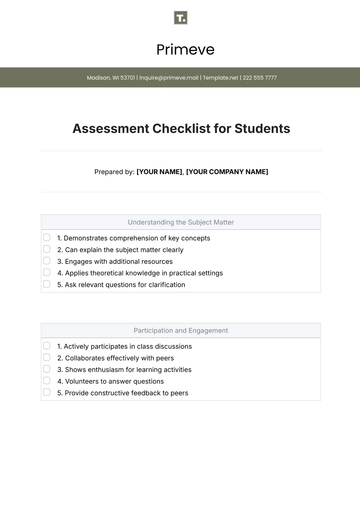Free Literature Review Checklist
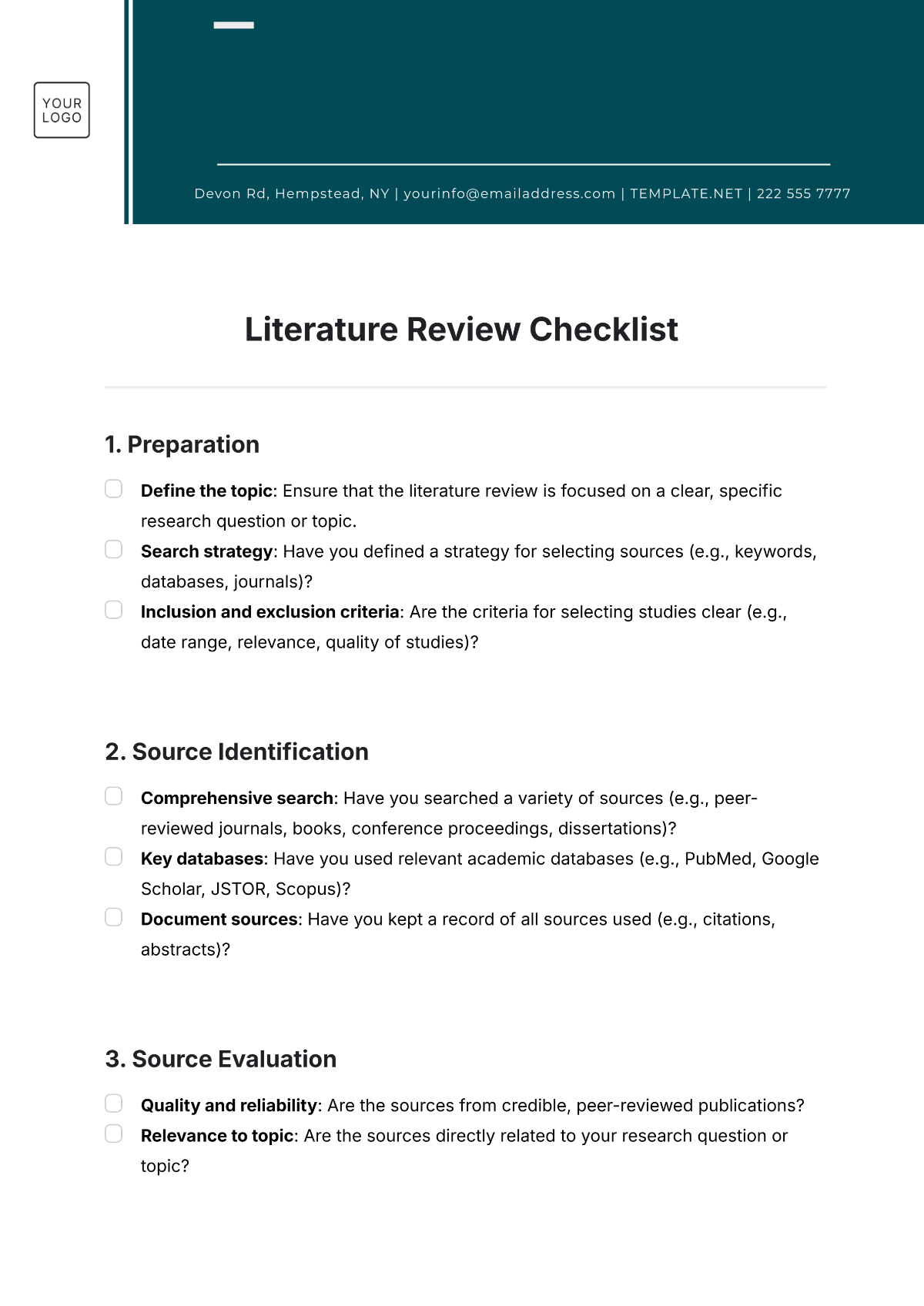
1. Preparation
Define the topic: Ensure that the literature review is focused on a clear, specific research question or topic.
Search strategy: Have you defined a strategy for selecting sources (e.g., keywords, databases, journals)?
Inclusion and exclusion criteria: Are the criteria for selecting studies clear (e.g., date range, relevance, quality of studies)?
2. Source Identification
Comprehensive search: Have you searched a variety of sources (e.g., peer-reviewed journals, books, conference proceedings, dissertations)?
Key databases: Have you used relevant academic databases (e.g., PubMed, Google Scholar, JSTOR, Scopus)?
Document sources: Have you kept a record of all sources used (e.g., citations, abstracts)?
3. Source Evaluation
Quality and reliability: Are the sources from credible, peer-reviewed publications?
Relevance to topic: Are the sources directly related to your research question or topic?
Recent studies: Have you included recent studies and avoided outdated or irrelevant papers?
Theoretical or methodological quality: Have you evaluated the quality of studies in terms of their methodology and theoretical framework?
4. Organization and Structure
Introduction: Have you introduced the research question, the importance of the topic, and the purpose of the review?
Themes and categories: Is the literature grouped into relevant themes or categories?
Chronological or thematic structure: Have you organized the review in a logical structure, either chronologically or thematically?
Synthesis: Have you synthesized findings from various studies rather than just summarizing them?
Gap identification: Have you identified gaps or limitations in the current literature?
5. Critical Analysis
Comparisons: Have you compared and contrasted different authors' viewpoints and findings?
Strengths and weaknesses: Have you evaluated the strengths and weaknesses of different studies?
Bias and limitations: Have you addressed any potential biases or limitations in the studies reviewed?
Contradictions: Have you discussed any contradictory findings or debates in the literature?
6. Conclusion
Summary of findings: Have you summarized the key findings of the literature review?
Research gaps: Have you identified areas where further research is needed?
Contribution to the field: Have you discussed how the review contributes to the current understanding of the topic?
7. References and Citations
Correct citation style: Are all references cited correctly according to the required citation style (e.g., APA, MLA, Chicago)?
Complete reference list: Have you included all sources cited in the text in the reference list?
Consistency: Are the citations and references consistent and formatted correctly throughout?
8. Writing Quality
Clarity and coherence: Is the writing clear, logical, and easy to follow?
Conciseness: Have you avoided unnecessary repetition or excessive detail?
Grammar and style: Is the writing grammatically correct and consistent with academic writing standards?
9. Final Review
Check for gaps: Have you reviewed the literature to ensure you haven’t missed any important studies?
Review of relevance: Are all the included studies still relevant and up-to-date?
Peer review: Have you considered having a peer or supervisor review your literature review for feedback?
- 100% Customizable, free editor
- Access 1 Million+ Templates, photo’s & graphics
- Download or share as a template
- Click and replace photos, graphics, text, backgrounds
- Resize, crop, AI write & more
- Access advanced editor
Ensure thoroughness with Template.net’s Literature Review Checklist Template. Customizable and editable, this template provides a structured checklist for reviewing literature comprehensively. Editable in our AI Editor Tool, it’s ideal for students, researchers, and academic professionals. Adapt it to your specific needs effortlessly. Download this user-friendly template to streamline your review process and guarantee that your literature review is detailed, accurate, and professionally presented.
You may also like
- Cleaning Checklist
- Daily Checklist
- Travel Checklist
- Self Care Checklist
- Risk Assessment Checklist
- Onboarding Checklist
- Quality Checklist
- Compliance Checklist
- Audit Checklist
- Registry Checklist
- HR Checklist
- Restaurant Checklist
- Checklist Layout
- Creative Checklist
- Sales Checklist
- Construction Checklist
- Task Checklist
- Professional Checklist
- Hotel Checklist
- Employee Checklist
- Moving Checklist
- Marketing Checklist
- Accounting Checklist
- Camping Checklist
- Packing Checklist
- Real Estate Checklist
- Cleaning Checklist Service
- New Employee Checklist
- Food Checklist
- Home Inspection Checklist
- Advertising Checklist
- Event Checklist
- SEO Checklist
- Assessment Checklist
- Inspection Checklist
- Baby Registry Checklist
- Induction Checklist
- Employee Training Checklist
- Medical Checklist
- Safety Checklist
- Site Checklist
- Job Checklist
- Service Checklist
- Nanny Checklist
- Building Checklist
- Work Checklist
- Office Checklist
- Training Checklist
- Website Checklist
- IT and Software Checklist
- Performance Checklist
- Project Checklist
- Startup Checklist
- Education Checklist
- Home Checklist
- School Checklist
- Maintenance Checklist
- Planning Checklist
- Manager Checklist
- Wedding Checklist
- Vehicle Checklist
- Travel Agency Checklist
- Vehicle Inspection Checklist
- Interior Design Checklist
- Backpacking Checklist
- Business Checklist
- Legal Checklist
- Nursing Home Checklist
- Weekly Checklist
- Recruitment Checklist
- Salon Checklist
- Baby Checklist
- Equipment Checklist
- Trade Show Checklist
- Party Checklist
- Hospital Bag Checklist
- Evaluation Checklist
- Agency Checklist
- First Apartment Checklist
- Hiring Checklist
- Opening Checklist
- Small Business Checklist
- Rental Checklist
- College Dorm Checklist
- New Puppy Checklist
- University Checklist
- Building Maintenance Checklist
- Work From Home Checklist
- Student Checklist
- Application Checklist
